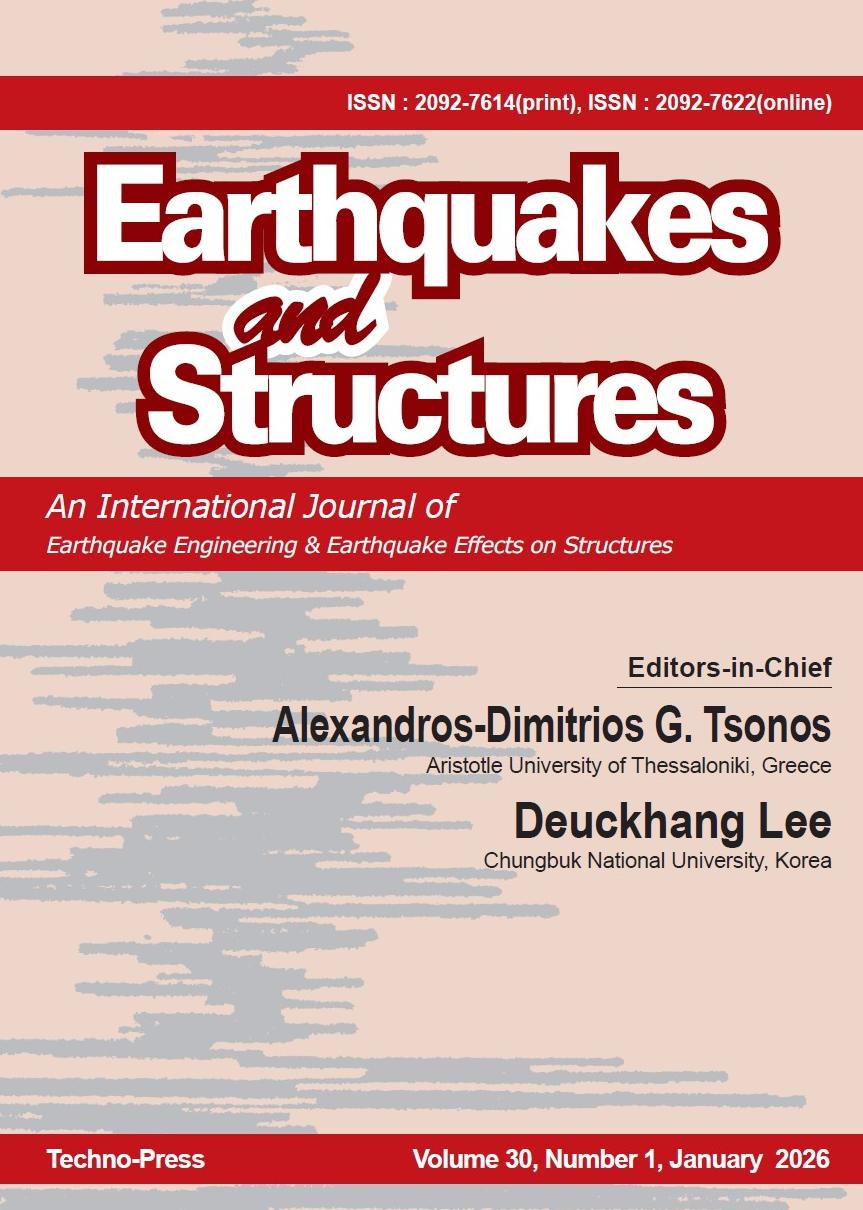Journal of Economic Diplomacy
ECDIP
- URL: https://sciendo.com/journal/ECDIP
- Call For Paper Type: SI
- H2 Index: 0
The Journal of Economic Diplomacy invites scholars, policymakers, and practitioners to contribute to a special issue titled “Geoeconomics at 100: Theory, Practice, and Policy Transformations.” This issue aims to explore the conceptual traditions, empirical research, and policy dimensions that have defined geoeconomics over the past century, analyzing its evolution, strategic applications, and global implications.
Background:
Geoeconomics refers to the use of economic instruments for strategic and diplomatic purposes, integrating trade, investment, and policy practices within a broader framework of international relations. Marking a century since the term’s systematization in 1925, geoeconomics has evolved across realist, liberal, relational, and critical traditions—shaping the global landscape of power, interdependence, and competition. This special issue examines these traditions, the interplay of economic statecraft and geopolitics, and how spatial and institutional contexts condition strategies such as the Belt and Road Initiative, EU Global Gateway, and the US PGII.
Scope and Themes:
We invite submissions on various aspects of geoeconomics, including but not limited to:
Conceptualizing Geoeconomics:
Theories, definitions, and historical evolution of geoeconomics
Divergence and integration of realist, liberal, relational, and critical approaches
Economic Statecraft and Policy:
Analysis of global and regional initiatives (BRI, EU Global Gateway, US PGII, Indo-Pacific, Africa)
Use of economic tools for political and strategic objectives
Transformations in digital order, AI governance, and technological sovereignty
Spatial and Comparative Analysis:
How spatial constraints, geography, and regional connectivity shape economic power
Comparative analysis across Eurasia, Indo-Pacific, Africa, and the Americas
Implications for global order, alliances, and fragmentation
Theoretical Integration and Critical Perspectives:
Reflexive critique of geoeconomic concepts and discourses
Possibility of a unified framework for geoeconomics in today’s world
Submission Guidelines:
Abstract Submission: Submit abstracts (300–500 words) outlining research questions, methodologies, and anticipated findings by February 15, 2026.
Announcement of Acceptance: Accepted abstracts will be notified by March 1, 2026.
Full Paper Submission: Submit full papers by June 30, 2026, in line with the journal’s guidelines available on our website. Original research articles (6,000–8,000 words), conceptual papers, or policy essays (3,000–5,000 words) are welcome. All submissions must follow Economic Diplomacy’s APA-based formatting.
Why Submit to This Special Issue?
Advance scholarly debates on geoeconomics and its practical impact globally
Engage an interdisciplinary community of academics, policymakers, and practitioners
Enhance visibility of research and receive expert feedback
The Journal of Economic Diplomacy provides a rigorous platform at the intersection of economics, strategy, and diplomacy
Publication Timeline:
Launch: November 2025
Abstract deadline: February 15, 2026
Notification: March 1, 2026
Full paper deadline: June 30, 2026
Peer review & revisions: July–September 2026
Publication: Late 2026
For more details and submission instructions, visit our website at https://sciendo.com/journal/ECDIP or contact the Special Issue Editor:
Prof. Xiaotong Zhang
Professor, Department of Political Science and International Relations, KIMEP University
Editor-in-Chief, Journal of Economic Diplomacy
Email: zhangxiaotong@economic-diplomacy.com















